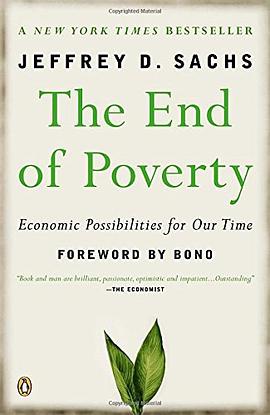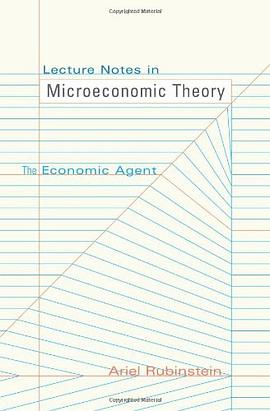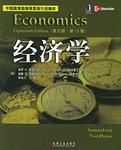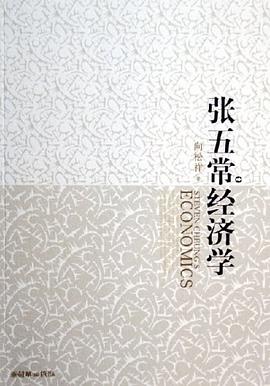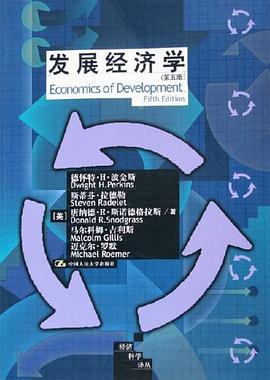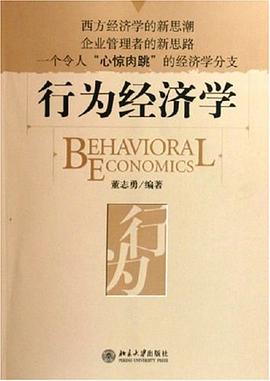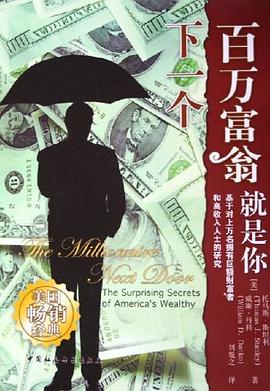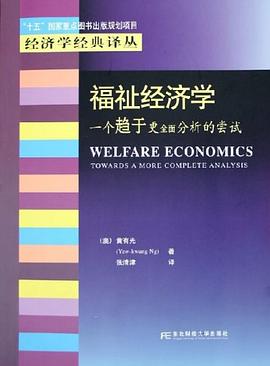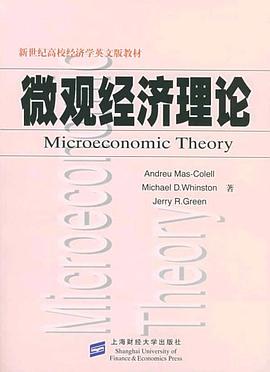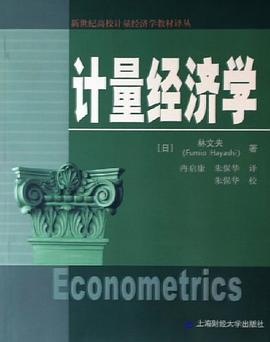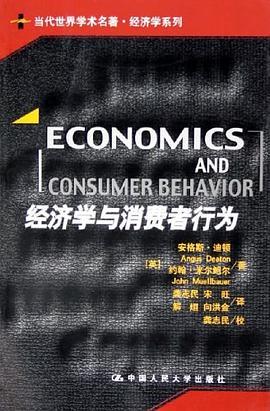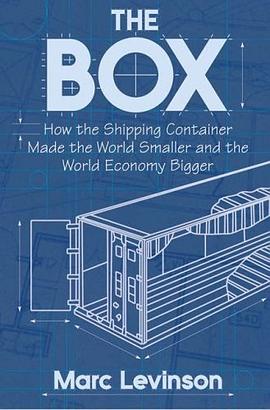

具體描述
In April 1956, a refitted oil tanker carried fifty-eight shipping containers from Newark to Houston. From that modest beginning, container shipping developed into a huge industry that made the boom in global trade possible. The Box tells the dramatic story of the container's creation, the decade of struggle before it was widely adopted, and the sweeping economic consequences of the sharp fall in transportation costs that containerization brought about.</p>
Published on the fiftieth anniversary of the first container voyage, this is the first comprehensive history of the shipping container. It recounts how the drive and imagination of an iconoclastic entrepreneur, Malcom McLean, turned containerization from an impractical idea into a massive industry that slashed the cost of transporting goods around the world.</p>
But the container didn't just happen. Its adoption required huge sums of money, both from private investors and from ports that aspired to be on the leading edge of a new technology. It required years of high-stakes bargaining with two of the titans of organized labor, Harry Bridges and Teddy Gleason, as well as delicate negotiations on standards that made it possible for almost any container to travel on any truck or train or ship. Ultimately, it took McLean's success in supplying U.S. forces in Vietnam to persuade the world of the container's potential.</p>
Drawing on previously neglected sources, economist Marc Levinson shows how the container transformed economic geography, devastating traditional ports such as New York and London and fueling the growth of previously obscure ones, such as Oakland. By making shipping so cheap that industry could locate factories far from its customers, the container paved the way for Asia to become the world's workshop and brought consumers a previously unimaginable variety of low-cost products from around the globe.</p>
著者簡介
Marc Levinson is an economist and historian specializing in business and finance. He was formerly finance and economics editor of The Economist, worked as an economist at a New York bank, and served as senior fellow for international business at the Council on Foreign Relations. For more information, check out his website at www.marclevinson.net.
圖書目錄
讀後感
马克麦克莱恩首先创建的是自己家族掌管的卡车运输公司。在经营卡车公司时,麦克莱恩便通过多种方式试图绕开政府机构对价格的管控,并提供具有竞争力的运输价格。 卡车运输的发展使得高速公路的交通拥堵情况日益严重,从而降低了卡车运输的效率。为了突破陆基运输的基础设施瓶...
評分第一次听说这个书,是年初看到有新闻列出了盖茨去年的读书清单,其中有本讲集装箱的书。当时还觉得奇怪,盖茨为什么要读这本书。 后来在多看,发现这本书正好限免,下来一看。 先说翻译质量,还是可以的。可能由于原作本身的原因,书读起来比较平淡,大量细节比较琐碎。 不...
評分本来是一本不错的书,只读了一章,好心情就全被毁了... 第一章的里面共标注了17个注释,可是看完第一章后直接就是第二章了,咦?注释呢?翻到最后一页,也没有啊,再回头看目录,有啊!在最后啊!可我的怎么木有啊?哥仔细一看,目录的最下面有一行小字:本书的注释及参考文献...
評分预计叫《集装箱改变世界》,书翻译的不错,写的当然更不错。 敬请留意吧。 《金融时报》与高盛2006年度最佳图书入围作品 “没有集装箱,不可能有全球化。”——《经济学家》 集装箱有什么重要的地方吗? 一个冷冰冰的铝制或钢制大箱子,上面有很多的焊缝和铆钉,底部铺着木板...
評分用戶評價
一個改變世界但基本做貢獻不掙錢的行業
评分在課題研究時期讀的書,高昂的運輸成本成為瞭貿易的壁壘,現今隨著航運和通訊成本的巨幅降低,低庫存的及時生産成為登上瞭舞颱。停留在各大港口的集裝箱隻有不到1/3裝載著完成的生産完畢的産品,其餘的大多數都是全球供應鏈中的環節與中間産品。過長的産業鏈和生産要素在世界範圍的分布,使各部分的生産者和終端消費都對商品的生産一無所知。
评分讀到集裝箱剛開始被推廣的時候,受到瞭碼頭和搬運工工會的阻撓,想起來這兩年大傢對人工智能的擔憂,頗為相似
评分課程的閱讀材料 完整看完的第一本英文書 感覺作者的角度很獨特 給人很多從沒想到過的啓發 集裝箱確實改變瞭整個世界
评分#.....反正商院藏書裏的默認前提們都挺獵奇的..當然集裝箱的點是蠻有意思的
相關圖書
本站所有內容均為互聯網搜索引擎提供的公開搜索信息,本站不存儲任何數據與內容,任何內容與數據均與本站無關,如有需要請聯繫相關搜索引擎包括但不限於百度,google,bing,sogou 等
© 2025 book.quotespace.org All Rights Reserved. 小美書屋 版权所有


